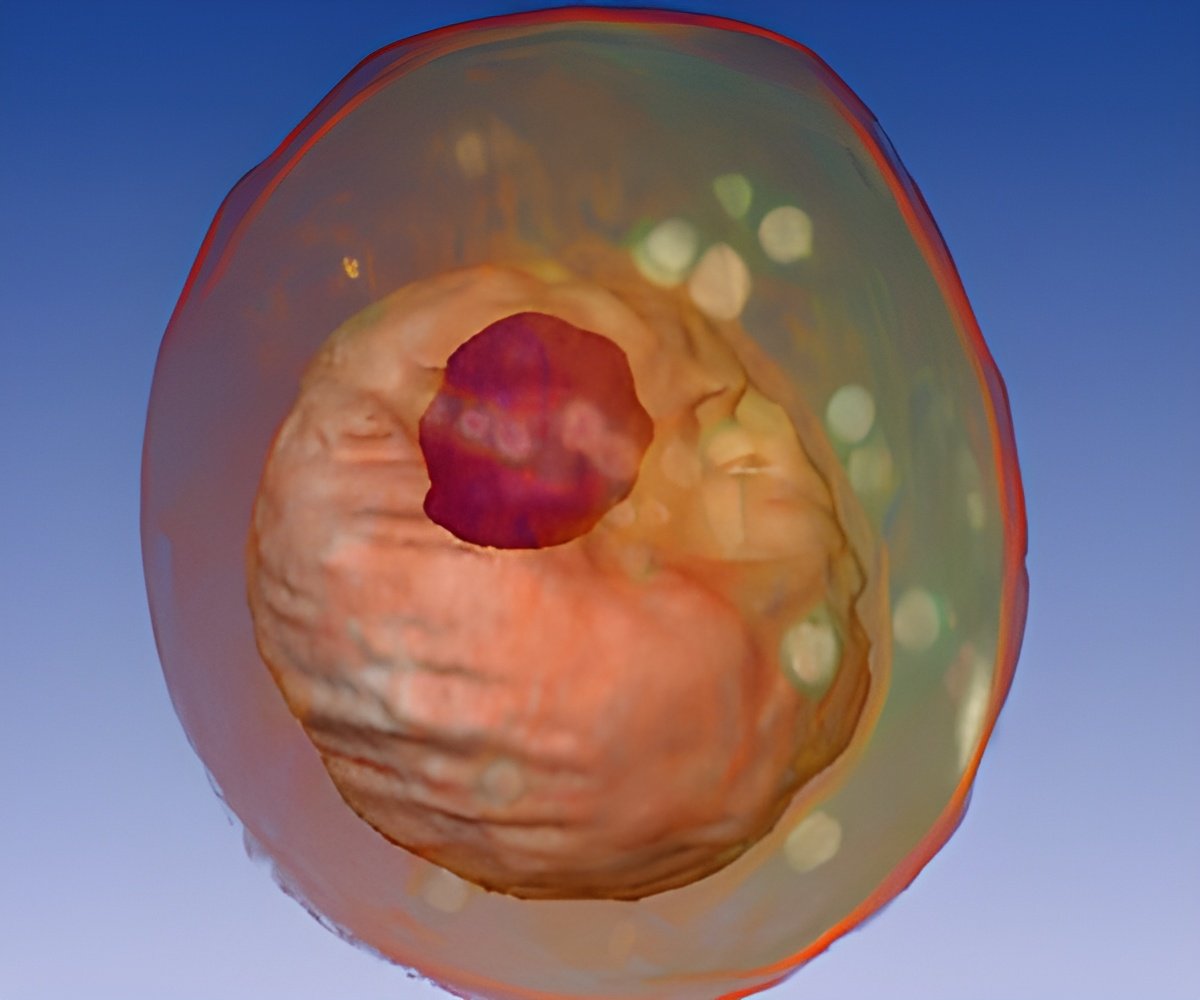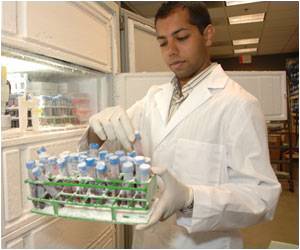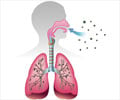Yeast cells are a simpler version of human cells. The major challenge is to understood it at the molecular level, which can aid in the the discovery of drugs.

‘Natural compounds present in the yeast aid in treating various infections, neurological diseases and cancer.’





This RIKEN-led team used yeast to test 14,000 natural compounds, derived from soil-based bacteria and other sources, for their potential use in therapeutics. One major challenge in drug discovery is finding the mechanism behind a drug's action.
It turns out that yeast may be a powerful tool to tackle this problem, because yeast cells are a simpler version of human cells, but much better understood at the molecular level.
The researchers used chemical genetics to find compounds that had a similar effect to gene mutations, which are extensively documented in yeast and provide a key for deciphering a drug's effect on a cell.
One of the key findings of the work was that RIKEN's library of natural compounds contains diverse agents that affect many different cell processes.
Advertisement
Advertisement















